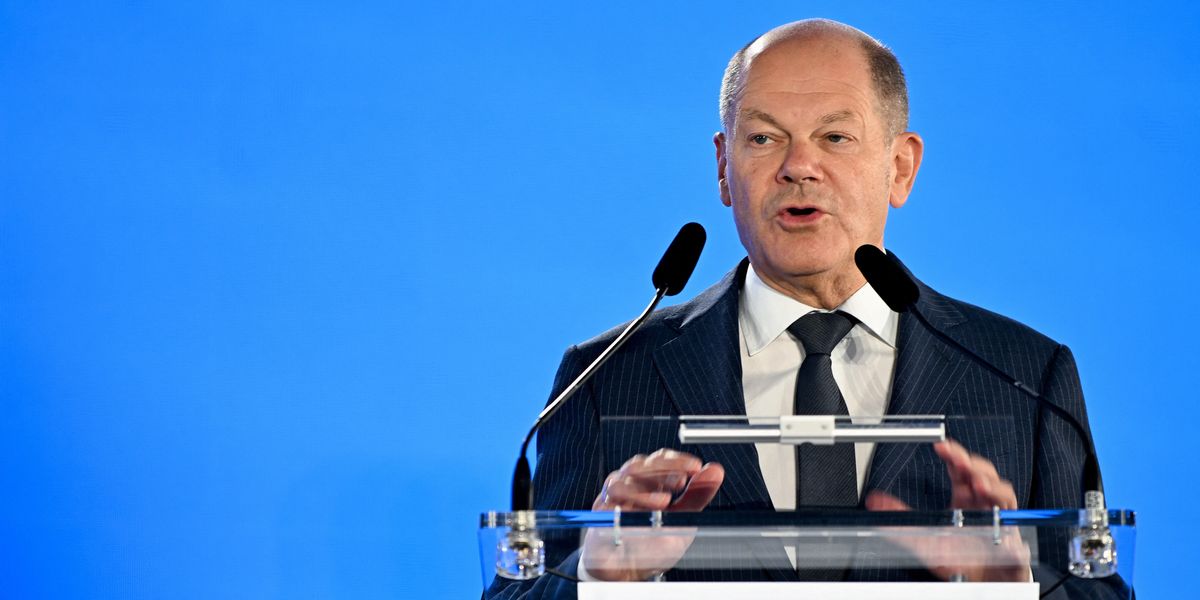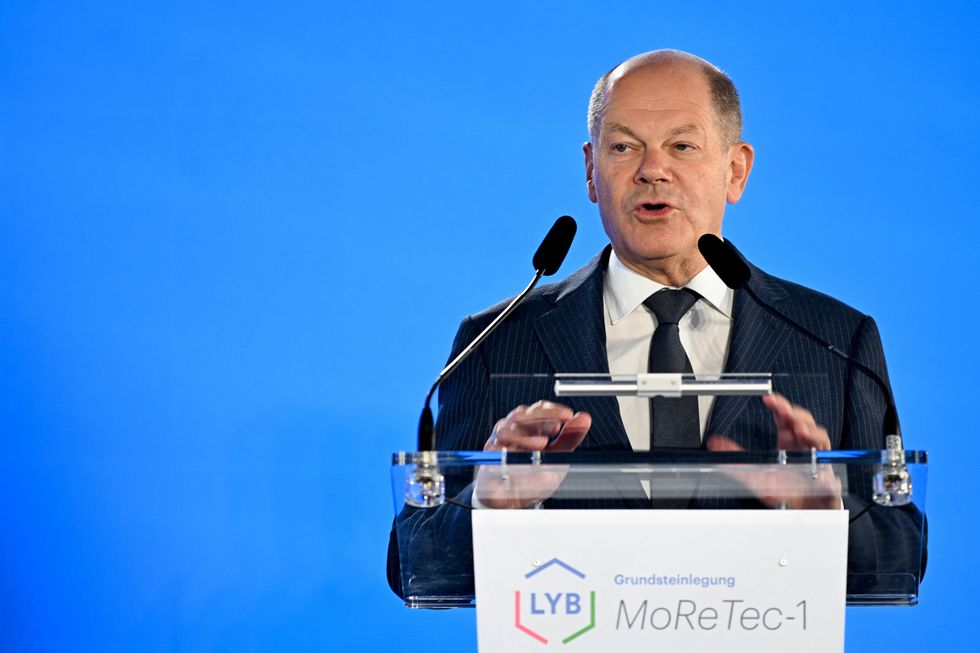



Olaf Scholz’s Social Democratic Party (SPD) have narrowly beaten the hard-right Alternative for Germany (AfD) in a key regional election in Brandenburg.
Exit polls in Scholz’ home state showed that the centre-left party managed to hold onto the area by just one or two percentage points.
The SPD finished first in Brandenburg with 30.9 percent of the vote, followed by the AfD with 29.2 percent.
The results will come as a relief for Scholz who is struggling to hold his three-party coalition together. His approval ratings have also hit a record low and he was asked not to campaign in the state due to his unpopularity.
 Olaf Scholz’s Social Democratic Party (SPD) have narrowly beaten the hard-right Alternative for Germany (AfD)Reuters
Olaf Scholz’s Social Democratic Party (SPD) have narrowly beaten the hard-right Alternative for Germany (AfD)Reuters
A loss in the rural state which the SPD had controlled since German reunification in 1990 would have likely shattered his plans to seek another term as Chancellor in the country’s federal elections next year.
The predicted results are also a blow to the AfD, who were polling high. It became the first hard-right party to win a state election in Germany since World War Two, in the eastern state of Turingia.
However, despite the loss, the provisional results confirmed the rise of the AfD, which increased its vote in Brandenburg by 6.5 per cent since the last election in 2019.
Dietmar Woidke, 62, Brandenburg’s popular SPD leader, pledged to step down if the AfD won the seat, a move which appears to have helped maximise the centre-left party’s vote.
“We have managed to catch up like never before in the history of our country,” Woidke said. “It was a hard piece of work. As so often in history, it was the Social Democrats who stopped extremists on their way to power.”
